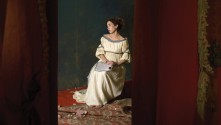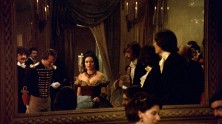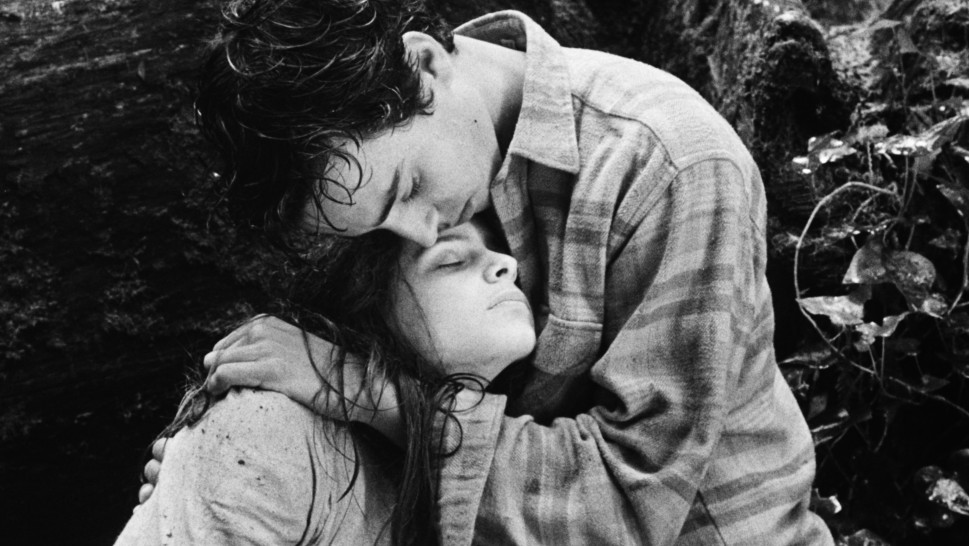


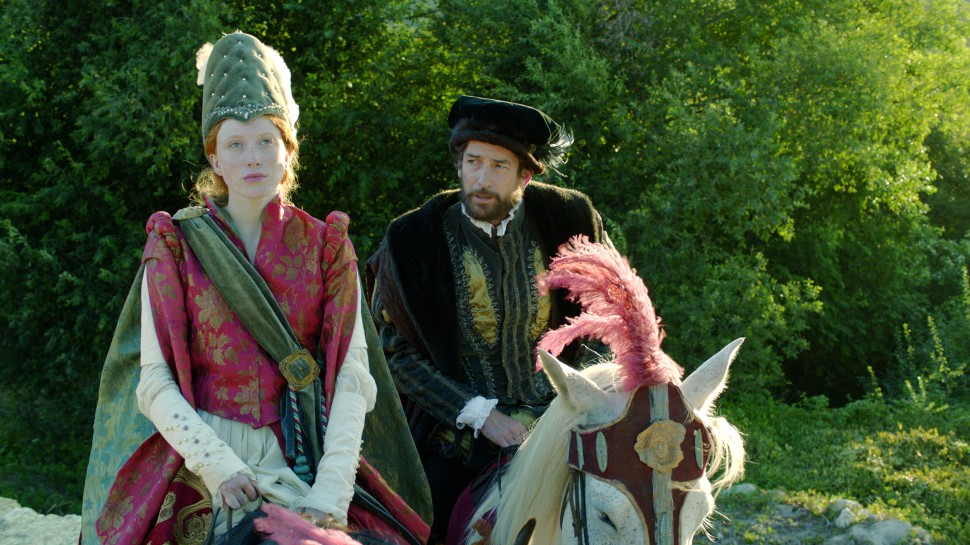
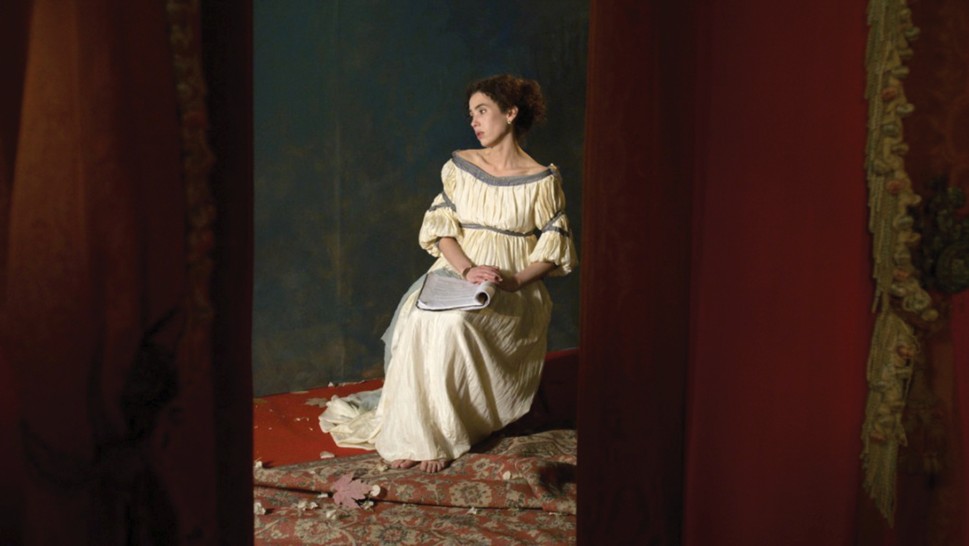
Música de Câmara. The Cinema of Rita Azevedo Gomes
Throughout her long and still vital career Portuguese filmmaker Rita Azevedo Gomes (b. 1952) has defined a vanguard of European art cinema through a series of boldly experimental films that together engage a complex dialogue with literature, poetry, theater and painting. Azevedo Gomes’ singular approach to adaptation was announced in her striking debut feature, The Sound of the Shaking Earth, which collages multiple literary sources—André Gide, Nathaniel Hawthorne, Agustina Bessa-Luís, Mário de Sá-Carneiro, among them—into an elliptical fable about a frustrated novelist better able to dream than write his book. Azevedo Gomes’ films often feature storytellers who embody her abiding fascination with language as a fulcrum of cinematic art and illusion. Her films are further animated by a rich diversity of voices, intertwining spoken dialogue with recited poetry and prose, while also giving a major role to music and song that takes fullest form in her latest work, The Kegelstatt Trio.
Azevedo Gomes’ cinema is grounded as well in her prodigious cinephilia, gained during her many years working as a film programmer at the storied Cinemateca Portuguesa under the direction of its now legendary long-term curator, the writer, thinker and occasional actor João Bénard da Costa (1935-2009). Indeed, echoes of classical and modernist cinema sound across Azevedo Gomes’ films, which are haunted by the expressionist shadows of Murnau, the tortured psychosexual melodrama of Bergman, the doomed romanticism of Nicholas Ray, the exacting theater of Fassbinder. Frequent comparisons are made to Manoel de Oliveira who, in fact, gave Azevedo Gomes a formative experience as an assistant on Francisca (1981). Yet while Oliveira was a mentor and remains a touchstone of her cinema, the ideas of theatricality, adaptation and meta-narrative that expand across Azevedo Gomes’ films are equally aligned with the work of other Portuguese and European directors such as João César Monteiro, Jacques Rivette, and Marguerite Duras. Also important were the visionary artists for whom she worked as assistant: Werner Schroeter, Valeria Sarmiento and, above all, the painter-filmmaker Luís Noronha da Costa—a seminal inspiration for Azevedo Gomes, whose first artistic training was as a painter at the Escola Superior de Belas-Artes in Lisbon.
International recognition came late to the filmmaker, with the critical success of A Woman’s Revenge (2012) and The Portuguese Woman (2018), two dynamic period films and adaptations (of Jules Barbey d’Aurevilly and Robert Musil, respectively) that offer powerful feminist parables through their stories of heroines empowered, paradoxically, by their state of entrapment. A long overdue rediscovery of Azevedo Gomes’ larger oeuvre is at last underway, including this, the first US retrospective of her work. On this occasion we have also invited Azevedo Gomes to select and write about six films that are important to her cinema. – Haden Guest

